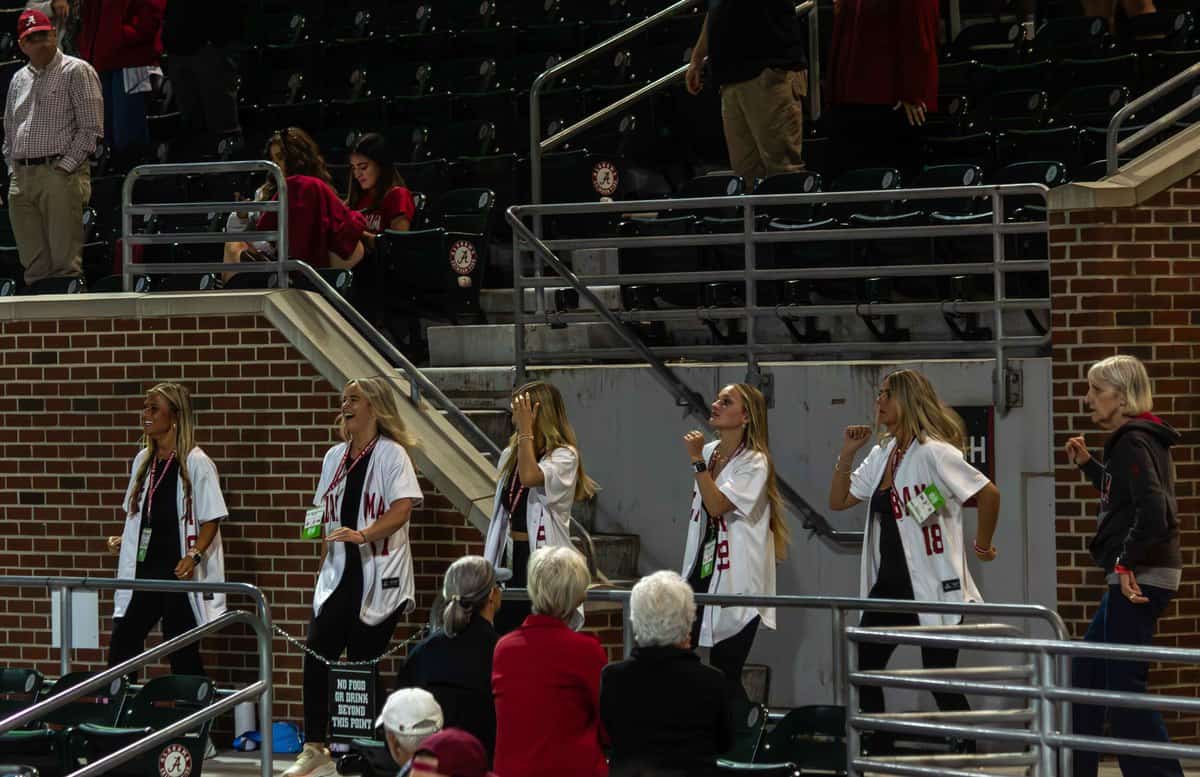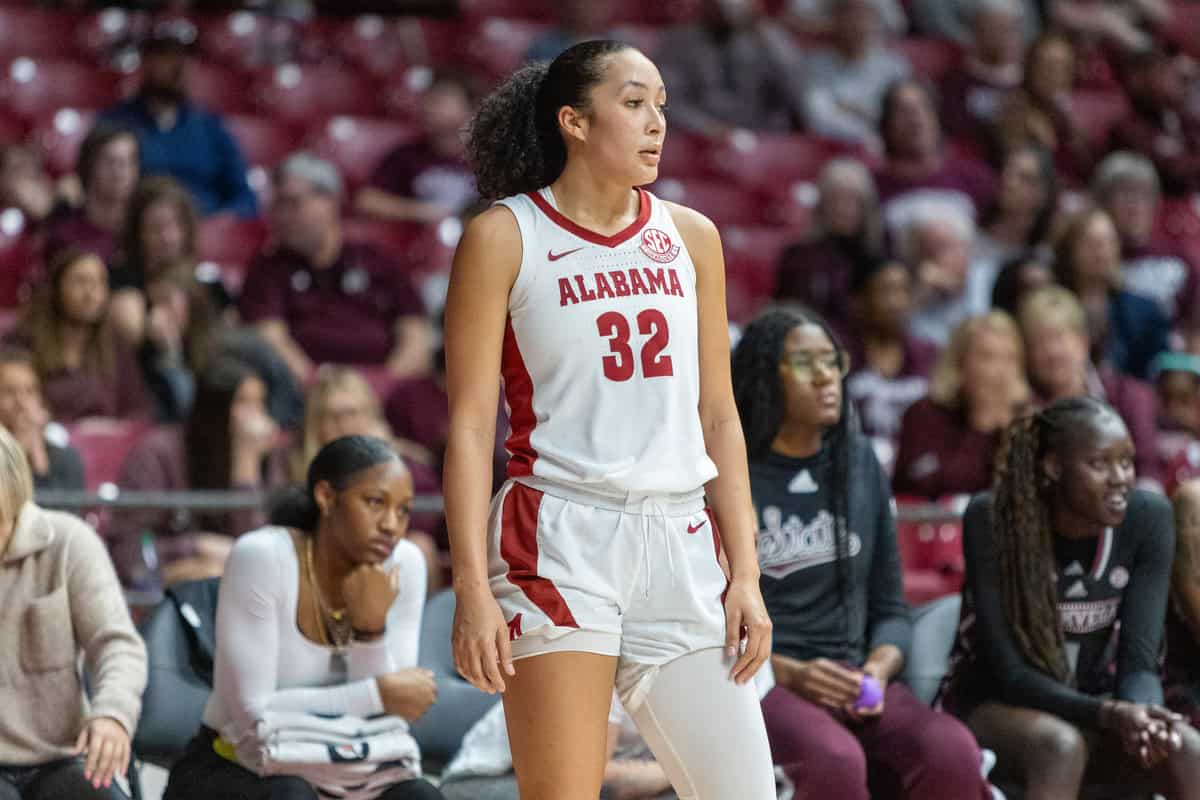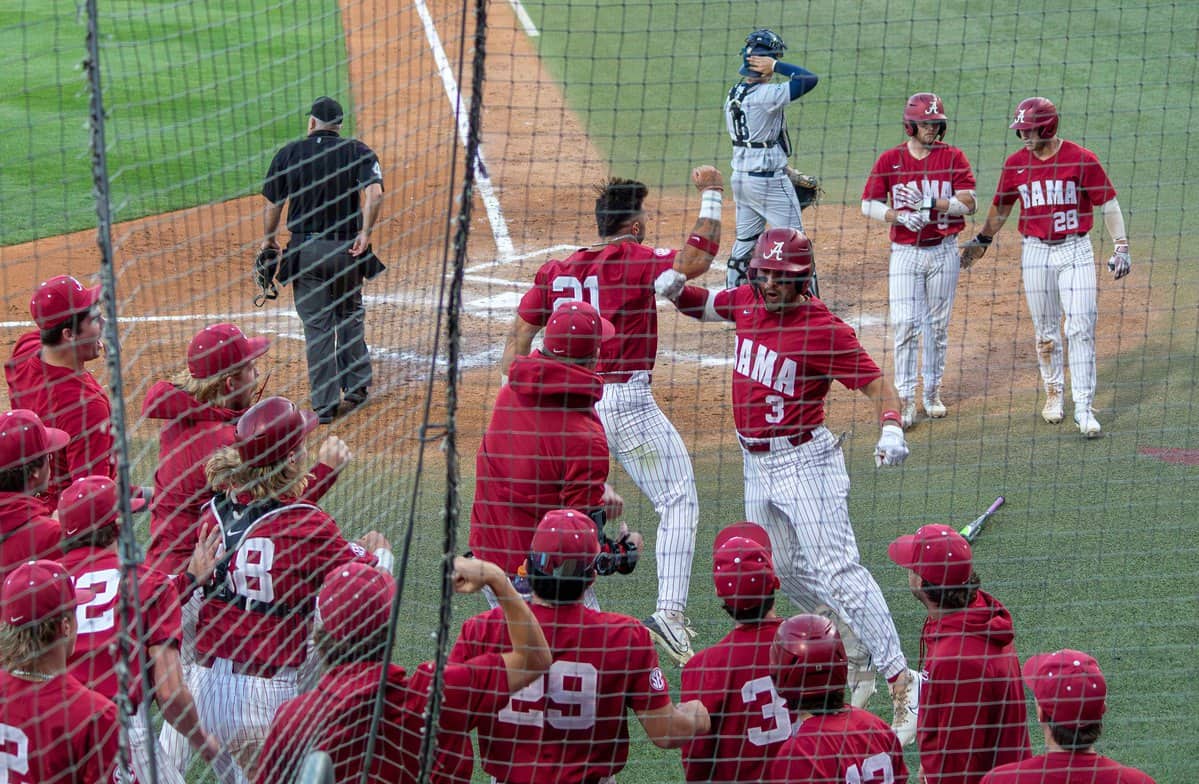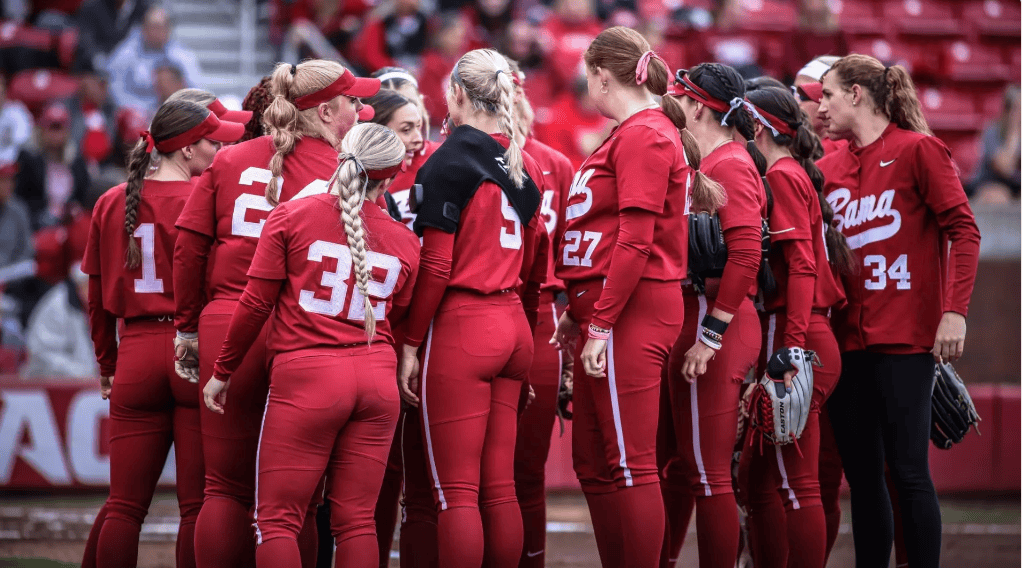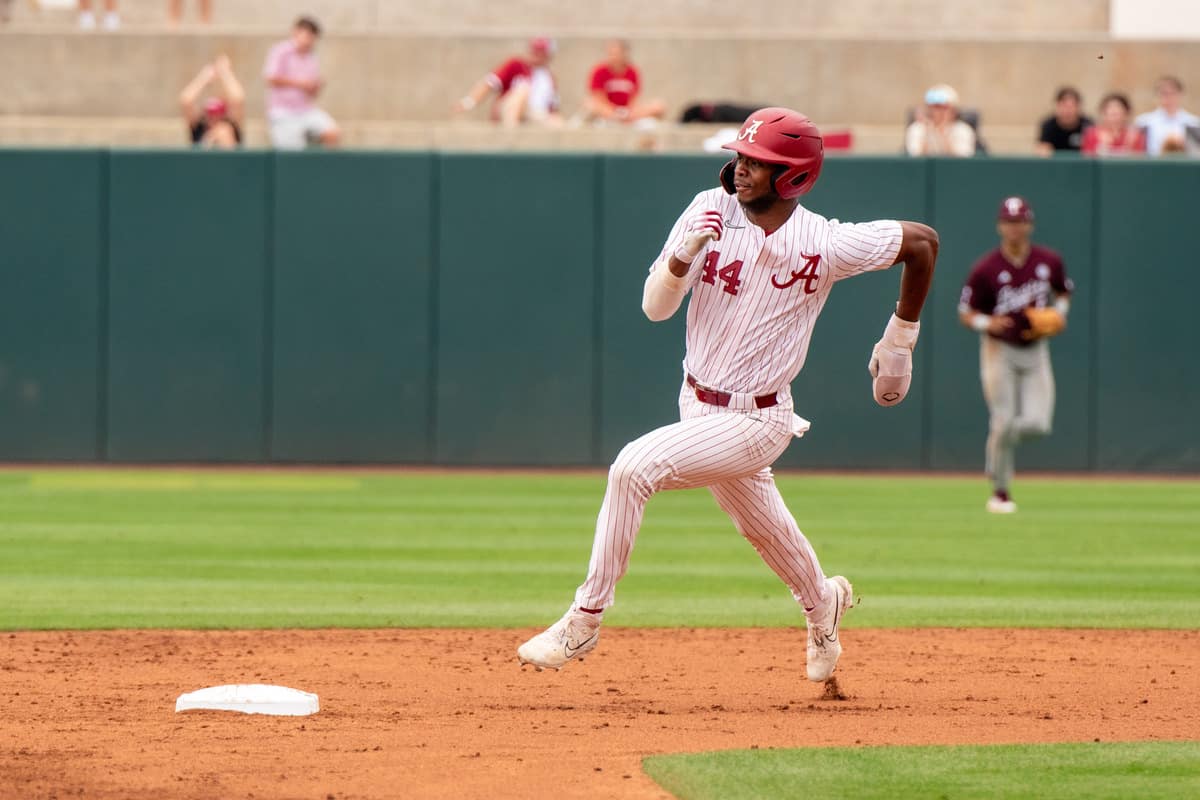April 24, 2010 – The New England Patriots draft tight end Aaron Hernandez in the fourth round of the NFL Draft. Though he was coming off a John Mackey Award-winning season out of coach Urban Meyer’s powerhouse that was the University of Florida, off-field concerns by NFL franchises kept the talented athlete without a team until the final day of the draft.
February 5, 2012 – Patriots coach Bill Belichick’s gamble on the troubled playmaker seems to have paid off, as New England prepared for Super Bowl XLVI. Along with fellow draftee Rob Gronkowski, the tight end-tandem confounded defenses and changed the philosophy of offenses throughout the league.
June 26, 2013 – Police arrest Hernandez in his North Attleborough, Mass., home. Patriots general manager Robert Kraft and the rest of the organization decide to release him 90 minutes later. It is learned before the end of the day that Hernandez is arrested on a charge of first-degree murder in the shooting of Odin Lloyd, along with five other firearm counts. One day later, it’s announced Hernandez is the center of an investigation involving an unsolved 2012 homicide.
In this nation’s never-ending search for answers, we ask: What went wrong?
Hernandez seemed to have had the perfect pedigree as a college athlete. Though Meyer didn’t exactly run the cleanest of programs in Gainesville, Fla., Hernandez did have the benefit of buddying up with the anointed saint of American football, Tim Tebow. And as if that wasn’t enough, the Florida Gator landed in one of the premier NFL franchises, with one of the most secure locker-room/front-office combinations in professional sports. Catching passes from golden boy Tom Brady didn’t hurt either.
In short, Hernandez had numerous opportunities to succeed and put his troubled past behind him. Though he admitted to the Boston Globe days after he was drafted that he had failed several drug tests for marijuana in college, such missteps haven’t shied NFL teams away from prospects in recent years (see: Tyrann Mathieu).
As much as fans want to express shock over a player from the New England Patriots being charged with a homicide, the truth is, it could happen anywhere. Troubled athletes are on every roster of every team in America. Even “touchdown Jesus” couldn’t save Notre Dame quarterback Everett Golson from missing out on the 2013 season due to an academic dishonesty charge.
And, as revered as Nick Saban is, his roster has not been lily-white as of late.
Not to dwell on these light missteps – apples are apples, and oranges are oranges, and a failed drug test is a far cry from a first-degree murder charge. But a 27-year-old man, a former linebacker for the semi-pro Boston Bandits, is no more. It makes no difference if the person charged with his death was on the roster for the Patriots, the Detroit Lions or the Oakland Raiders.
Our attitude regarding situations such as these should not change with our perceptions of what is and isn’t a good professional sport franchise. The victims deserve more than that.

